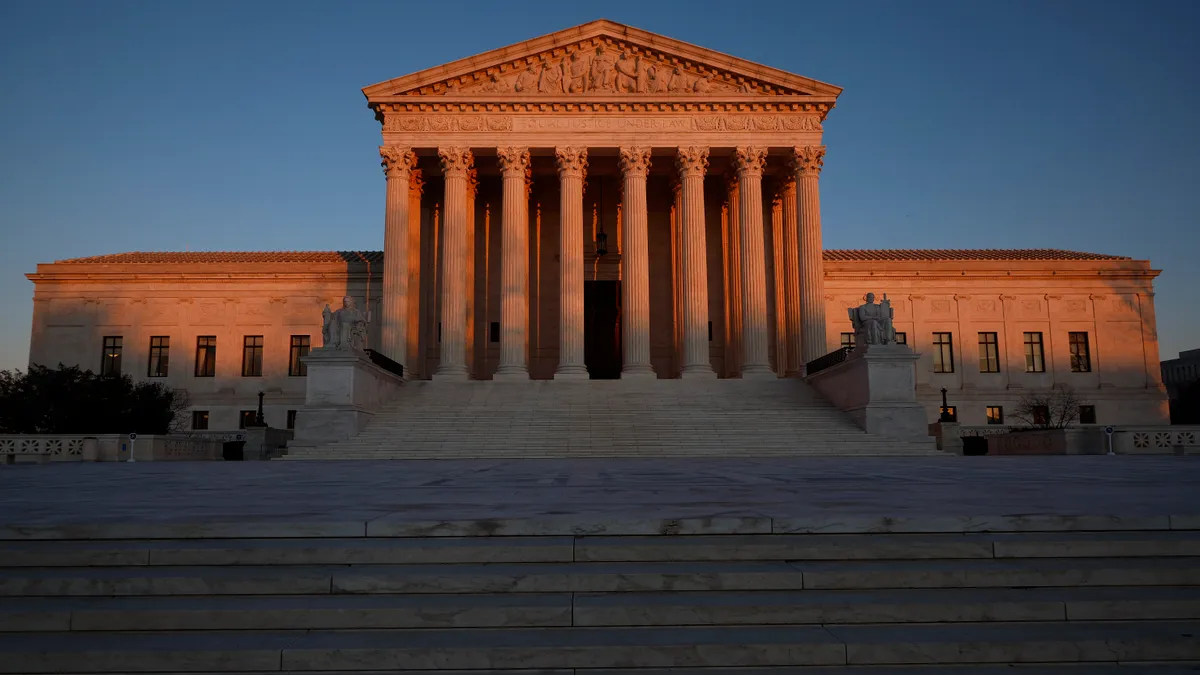Oklahoma's St. Isidore of Seville Catholic Virtual School will ask the U.S. Supreme Court to hear its case and no longer plans to open for the 2024-25 school year, stopping for now the creation of the nation's first religious public school.
The news comes just weeks after the Oklahoma State Supreme Court ruled that the religious virtual charter school would violate both the Oklahoma and U.S. constitutions. In June, the court directed the Oklahoma Virtual Charter School Board to rescind its contract with St. Isidore, which the board had approved in October 2023.
However, attorneys for St. Isidore last week filed a motion to stay, or a request that the current contract be preserved in case the U.S. Supreme Court reverses the state court's decision to sever it.
"The requested stay would be limited," attorneys wrote in their request, adding "it would not permit St. Isidore to open to children or allow state charter-school funding to go to St. Isidore while review by the U.S. Supreme Court is sought."
St. Isidore updated its website to say "the school is no longer taking applications at this time" and directs families to "seek other options for the 2024-25 school year" because "an appeal in this case will take time." The school had previously begun admitting students and hiring staff.
Attorneys for St. Isidore have 90 days after the state Supreme Court's June 25 decision to file a petition for certiorari with the U.S. Supreme Court, which would land the filing deadline around late September. The justices then could choose to hear the case or not.
Two prior Supreme Court decisions — Carson v. Makin and Espinoza v. Montana Department of Revenue — left the door open for St. Isidore's creation. Those cases allowed private institutions to have access to public funding regardless of the institutions’ religious status or the funds’ sectarian use.
The rulings also prompted former Oklahoma Attorney General John O’Connor to support creation of the virtual religious charter. O’Connor said at the time that "a religiously affiliated applicant must be allowed to establish and operate a charter school in conformance with that applicant’s ‘sectarian’ or ‘religious’ traditions."
However, Attorney General Gentner Drummond walked back O'Connor's opinion after taking office, saying the school would set a dangerous precedent supporting taxpayer-funded religious schools. Drummond argued the case personally and celebrated the Oklahoma Supreme Court's decision in June.
Leslie Berger, spokesperson for the Oklahoma Attorney General's office, said in an email that Drummond's office had not received word that St. Isidore was appealing to the Supreme Court.
However, Berger called the school's request to preserve its contract with the virtual charter board in case the Supreme Court decided in its favor a "disingenuous attempt to avoid the consequences of violating Oklahoma law."
"A formal response will be filed for the Court’s consideration," said Berger.










